On 16 April, leaders of the Shanghai Theatre Academy, namely, Zhou Yin’e, Deputy Party Secretary and Secretary of the Discipline Inspection Commission, Zhang Weiling, Deputy Party Secretary and Vice President Zhang Weiling, and Liu Qing, Vice President, came to the College of Creative Studies to conduct a special research on employment and entrepreneurship. The heads of the Student Affairs Department, Academic Affairs Office, Discipline Inspection and Supervision Office, along with the leaders of the College of Creative Studies, head teachers of graduating classes and counselors, participated in the meeting.

Tang Fang, Deputy Secretary of the College of Creative Studies' Party General Branch, reported on the employment promotion work at the College of Creative Studies. She provided a detailed introduction from several aspects including the current employment status of College of Creative Studies graduates, analysis of challenges and issues in employment work, breakthrough and strategic thinking in employment and entrepreneurship work, the effectiveness of certain measures in employment and entrepreneurship, and the planning for the next steps to be taken in the work advancement.
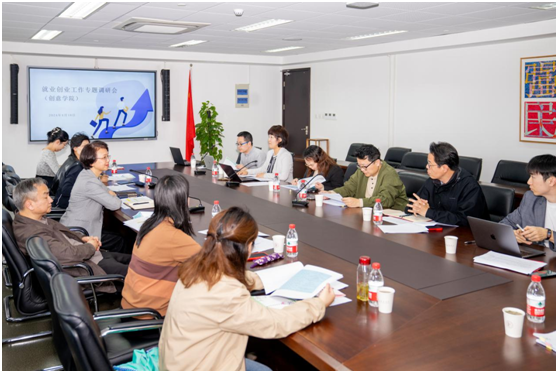
Tie Zhong, Deputy Dean of the College of Creative Studies, made the introduction about industry-education integration, increasing demand for postgraduate entrance exams among undergraduates, graduate student recruitment, and employment for graduates. Fang Jun, Secretary of the College of Creative Studies’ Party General Branch, proposed plans and ideas on expanding channels for studying abroad, strengthening the construction of entrepreneurship and innovation courses, and providing proper career choice guidance.
Professor Chen Yongdong, the head teacher of the Digital Media Art Class 2020 at the College of Creative Studies, along with counselors Chen Long and Kong Xiaolei, raised questions and made suggestions regarding career choice attitude and comprehensive abilities.
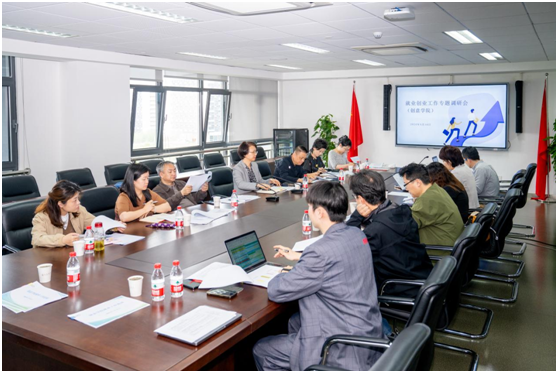
After hearing the overall situation of the employment work at the College of Creative Studies, the university leaders and functional department heads who participated in the research provided guidance and suggestions for the employment and entrepreneurship work of the College of Creative Studies.
As the university leaders, Zhang Weiling, Liu Qing and Zhou Yin’e made speeches successively at the meeting, putting forward directions, ideas, suggestions and requirements for the employment and entrepreneurship work for graduates at the College of Creative Studies.
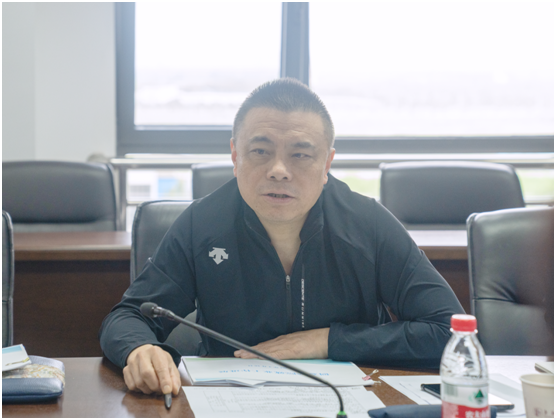
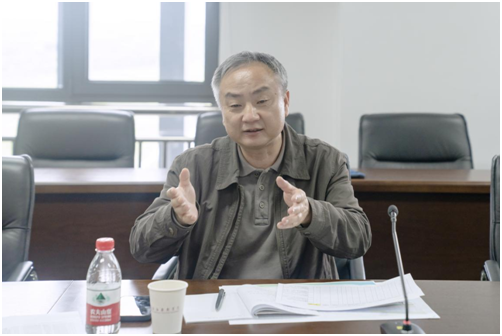
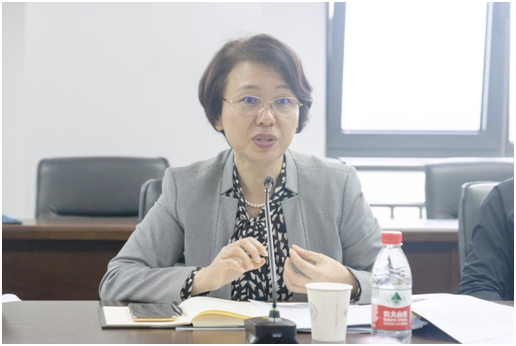
At the end of the research, the leadership team of the College of Creative Studies stated that they would delve into discussions about integrating employment work into the entire process of talent cultivation, fully incorporating it into the primary classroom, actively promoting the construction of industry-education integrated courses, and continuously enhancing the high-quality and fuller employment of students. The College of Creative Studies will take this opportunity to refine its working methods and effectively implement the employment and entrepreneurship work for graduates.



